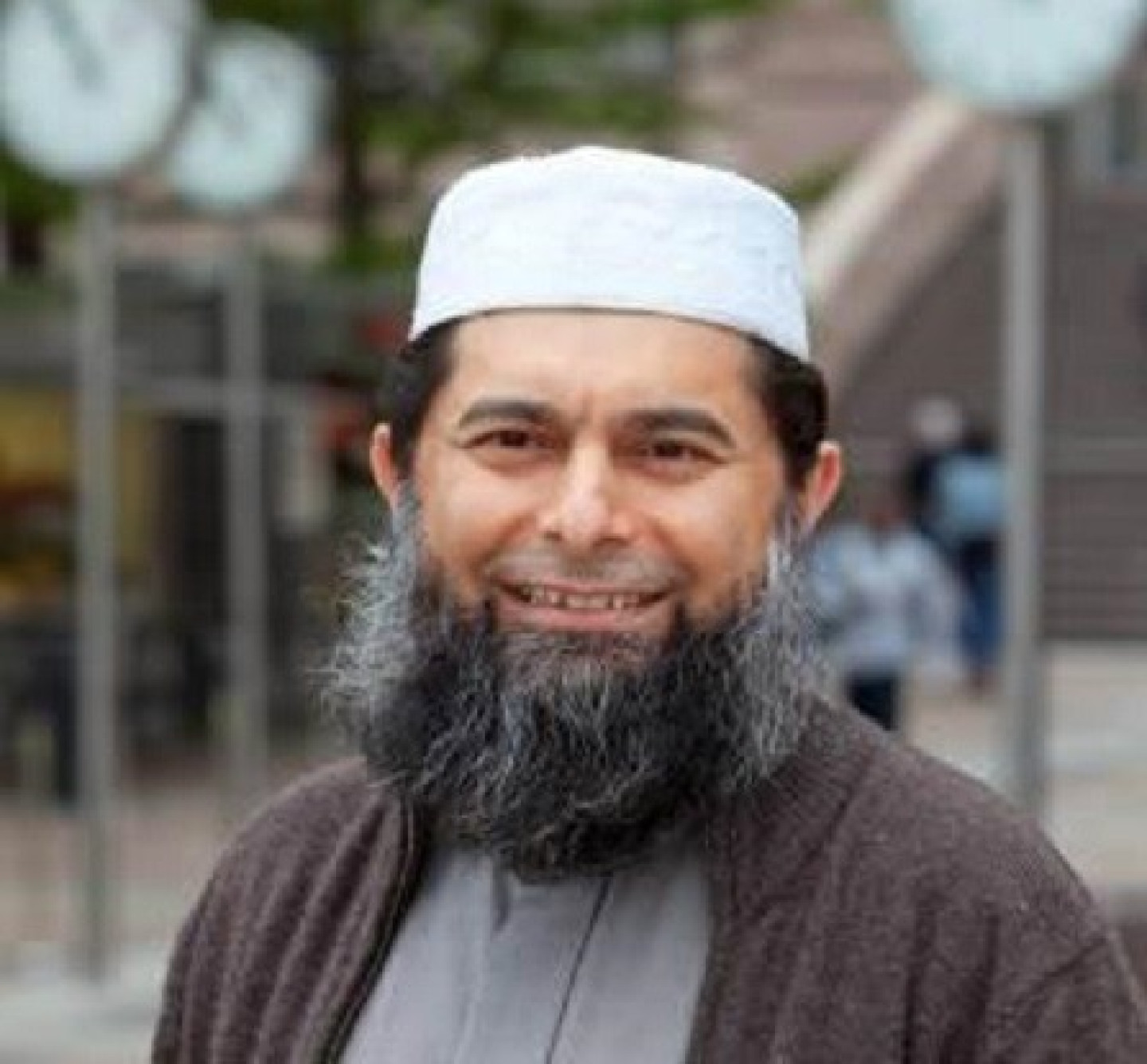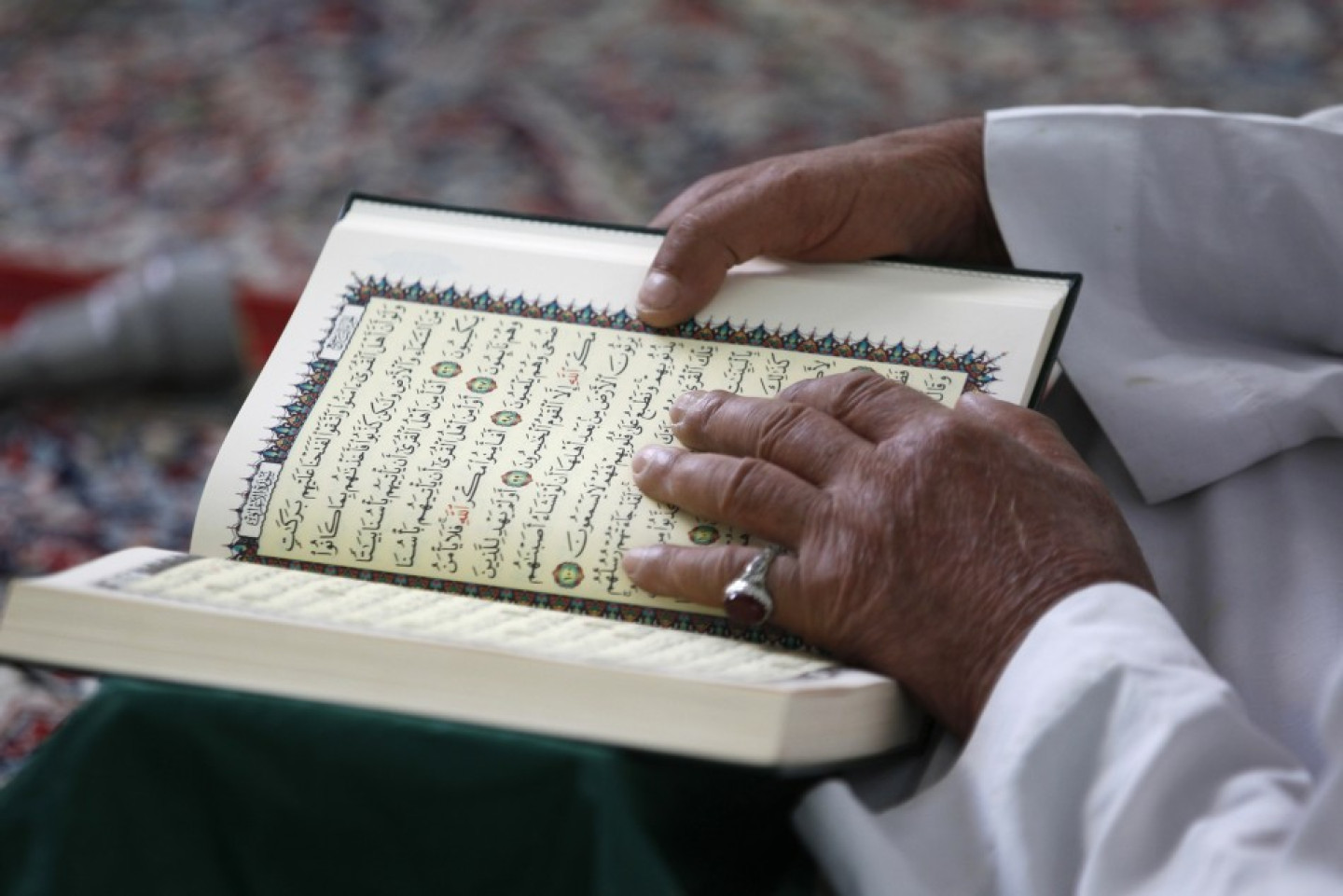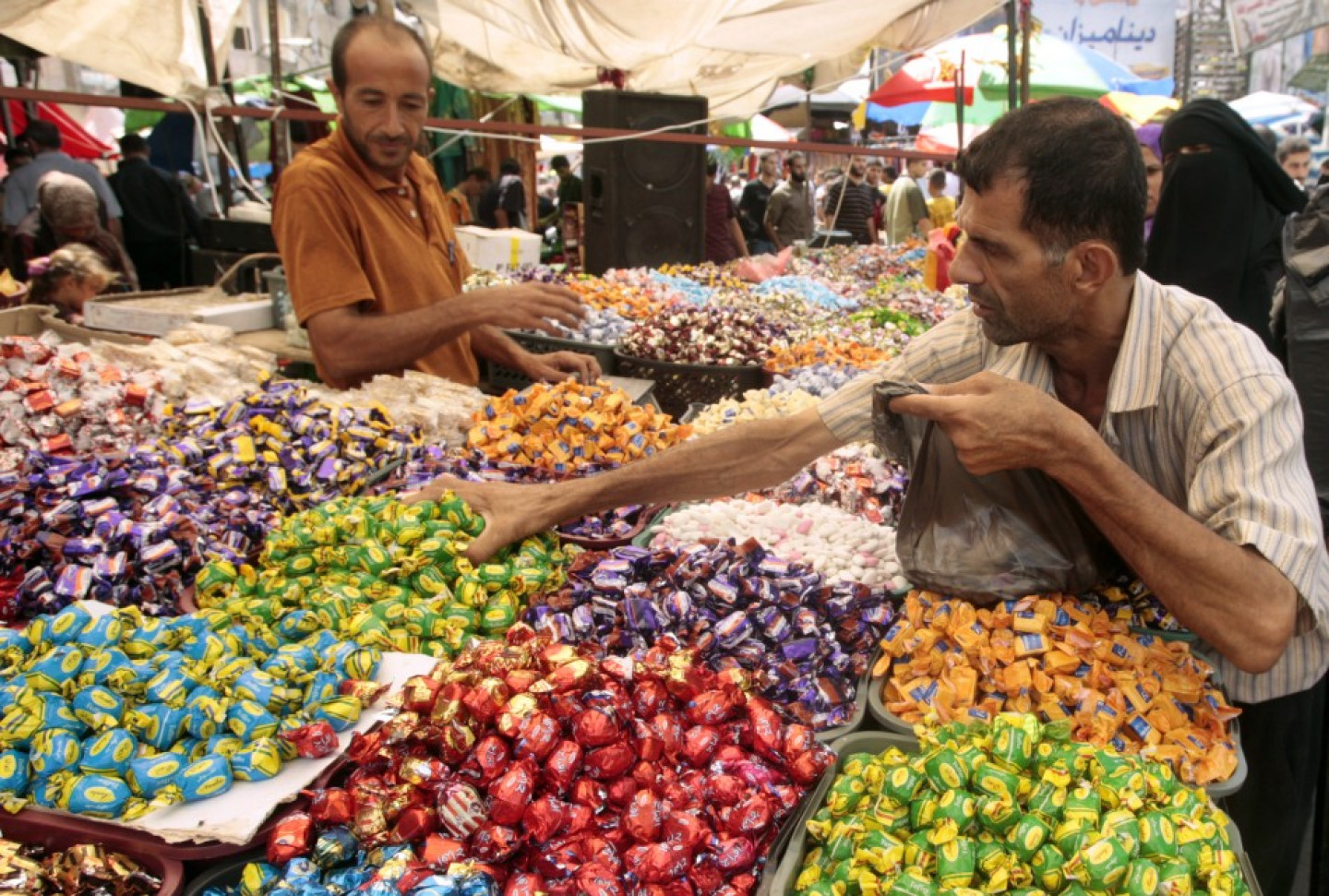Eid al-Fitr: End of Ramadan is Food for Thought for this Infidel

Ramadan ends today and many Muslims across Britain will be looking forward to a slap-up meal.
Practising any religion properly can be a taxing task: long bouts of self-denial in pursuit of elusive spiritual enlightenment.
But a nil-by-mouth policy during the hottest July on record must really have felt like a divine test of will for followers of 'The Book' this Ramadan.
For a committed Kafir like me, whose experience of fasting amounts to shunning the burger van at music festivals, the idea of my fridge being haram - forbidden, for weeks on end is almost - but not quite, enough to put me off my dinner.
No food, no water, prayers five times a day. No sex. A process more out of sync from the protein shakes, pop music and instant gratification of everyday UK culture is hard to imagine.
Yet millions of people up and down Britain have been quietly doing - or trying to do - just that.
To find out the reasons for this spell of tummy-rumbling abstinence, I sought illumination from one of Britain's top clerics, Shaykh Ibrahim Mogra, assistant secretary general of the Muslim Council of Britain (MCB).
He told me what it was like to fast in a country overflowing with food and food adverts, where tonnes of edible produce get dumped each day.
"How you navigate that difficult terrain where you want to submit to the will of God, while there is societal pressure around you, at the end of everything does boil down to the individual," he said.
"When I'm home and there is the fridge full of food and my wife and children are not around, I will not go and help myself although my wife and children are not around to see me. I know there's a greater power, God, all around which sees me and all that I do. And if I learn this lesson then this will keep me on the straight and narrow in the next 11 months."
But not all Muslims find self denial as easy as the Imam. Waiting until prayers after sunset are finished to break the daily fast can have catastrophic results for ravenous believers. It turns out people have been hospitalised as a result of gorging themselves at the end of their daily fast.

Indeed, the baffling paradox of excessive consumption during weeks of fasting is an issue, Shaykh Mogra tells me.
"I feel we eat a lot more during Ramadan than in normal months!
"We seem to be spending a lot more time with food in Ramadan than otherwise. For example my wife and I did all the shopping weeks before Ramadan came. We stocked up. And then on a daily basis you spend a considerable amount of time preparing meals. Then when you sit down, you eat more than you should. It defeats the object!"
Ideal fast-breaking foods are dates and water - just as Prophet Mohammed would have eaten, according to the Shaykh.
The thought of preparing pokoras and samosas and other treats and not being allowed to nibble a single piece sparks sympathy deep in my gluttonous self. But the point of Ramadan is a serious one, points out Mogra - to create an awareness of higher authority.
"The Koran states the goal of fasting is to create an awareness of God," he said.
"Ramadan is a chance to reconnect and re-establish that link with God, where you will be spending less time doing normal things and are inclined to do good works, engage in prayer."
But the flesh is weak, however willing the spirit is, right?
"The Koran is very clear," he says. "God will not oblige you to do things which you are not able to do.
"The Arabic word taqwa means consciousness, piety. The Koran says fasting is prescribed so you become people of taqwa - people of prayers and righteousness. We are taught to find a balance between hope and fear - of God's mercy and of not pleasing of him.
"We believe God should be top of the list."
Playing a role in Ramadan this month is the concept of jihad. Meaning 'holy war' - jihad is a seriously troublesome word to my western mind - indelibly linked as it is with blood-curdling pronouncements and violence.

But things are far more nuanced than that, explained Shaykh Mogra.
"Jihad has so many different aspects to it, it's a whole spectrum. A fighting jihad is right at the very bottom of that list. Top of the list is your inner struggle to make yourself a better human being - not to make yourself a better Muslim, but to make yourself a better human being.
"You have to be a good human being to see the beauty that Islam or all the other religions can bring a person. So you can then adorn yourself with all the teachings.
"Islam regards getting up and going to work to feed your family as greater than prayer five times a day. That's a jihad. To stay away from food and drink during Ramadan is a jihad."
Across Britain, a very quiet jihad is drawing to a close and soon the skies will light up to mark the Festival of Eid al-Fitr - the breaking of the fast.
Ramadan: it's food for thought.

© Copyright IBTimes 2025. All rights reserved.




















